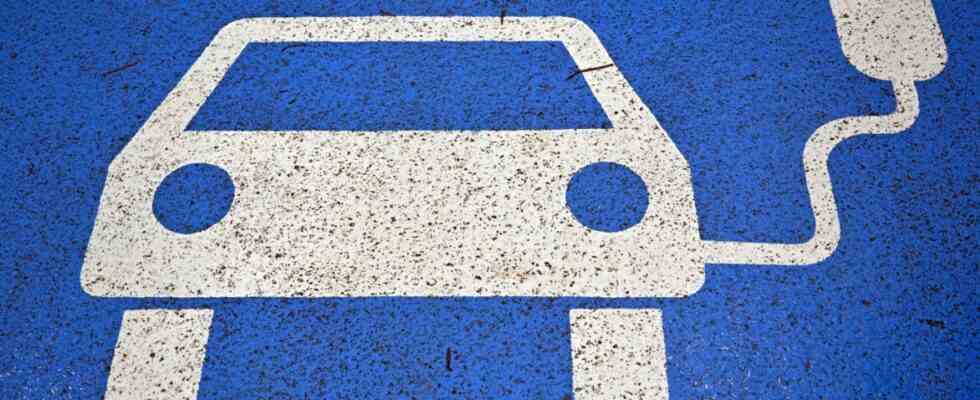Electric cars not only avoid CO₂ emissions, their owners can also earn money with the saved greenhouse gas. The background are the environmental regulations for the mineral oil industry. These stipulate that the emission of greenhouse gases from fossil fuels must be reduced every year. So far, it has been sufficient to add biofuel to petrol or diesel – up to ten percent for petrol in Germany (E10) and up to seven percent for diesel (B7). However, this proportion of sustainably generated fuel is no longer sufficient to meet the requirements that are increasing every year.
The owners of a battery-electric car benefit from this. Since the beginning of 2022, they have been able to claim their traction current on the fuel market as sustainable drive energy. For their part, the fuel producers have to buy pollution rights in order to meet the legal requirements, at least on paper. Officially, this means that you have to purchase greenhouse gas reduction quotas (GHG quotas). This results in a premium of several hundred euros for the owners of electric vehicles every year.
Trading in emission rights is uncomplicated for consumers: processing and payment are bundled by intermediaries so that car owners do not have to contact the industry themselves. Your e-vehicle only has to be registered with an electricity provider or a processing company. The Allianz insurance promises a payment of around 350 euros in GHG premium without deducting additional costs for this year. The processing should be quick and easy in cooperation with the ADAC. After registering with your personal data, you only have to upload the vehicle registration document.
The number of providers is increasing, the premiums can vary greatly, and there are also offers where the proceeds are reinvested in environmental protection projects, for example. The Federal Government sets the level of the annual GHG reduction rate: if it is currently seven percent, by 2030 it will be 25 percent. These are good prospects for owners of e-cars or e-motorcycles – but the owners of plug-in hybrids will get nothing. Because the market price of GHG quotas fluctuates, many service providers specify a revenue corridor. With the flex options, rising quota prices can lead to higher revenues. However, there is also a risk that the revenues will be lower due to falling CO₂ prices. In the case of fixed revenue, on the other hand, a fixed amount is guaranteed for a specific point in time.
Consumer advocates point out that there is no need to rush when choosing one of the numerous processing companies. The deadline for submitting the GHG quota to the Federal Environment Agency is February 28 of the following year. You can easily register with a service provider until the end of 2022. If an electric vehicle is sold, only one of the owners can apply for the GHG quota for the current year – either the buyer or the previous owner. The Federal Environment Agency (UBA) needs a few weeks to process the application in order to issue the GHG quota. The money should be received by the respective applicant within 14 days after certification by the UBA.

